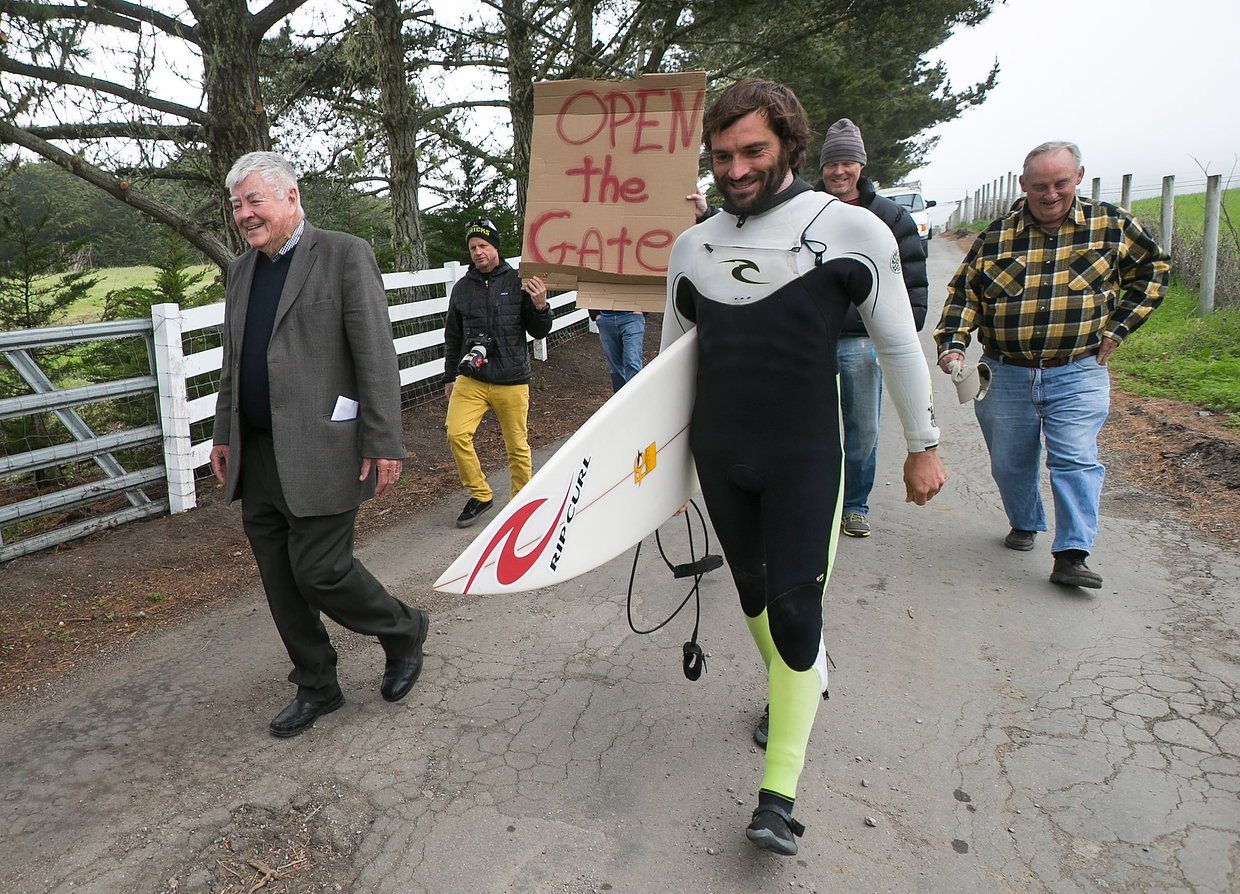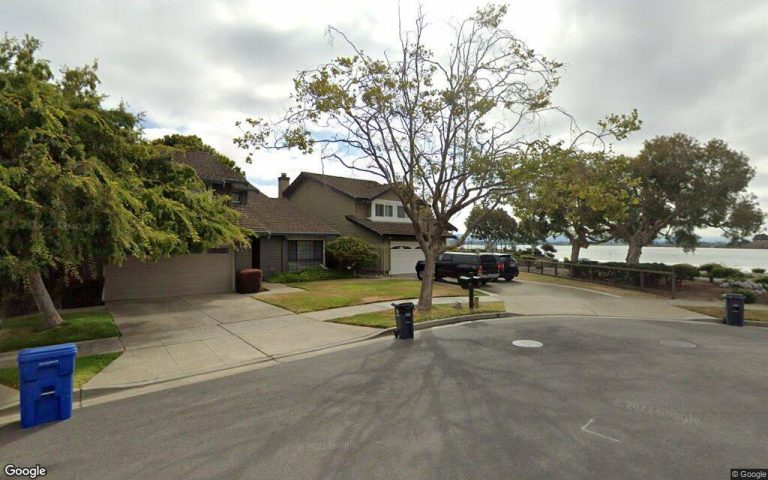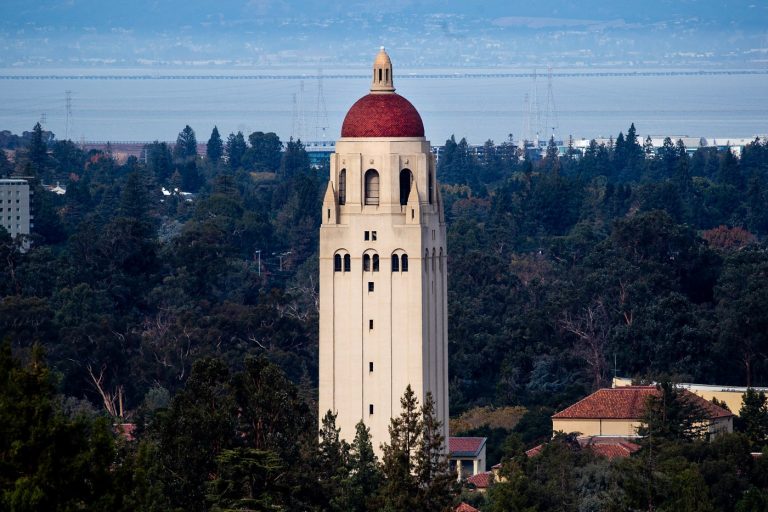Paul N. “Pete” McCloskey, a decorated Korean War combat marine who beat celebrity Shirley Temple to win a seat in Congress representing the Peninsula and South Bay in the late 1960s, then became the first Republican in the House to call for Richard Nixon’s resignation and a co-chair of the first Earth Day, died Wednesday. He was 96.
McCloskey, a colorful, contrarian figure for generations, died at his house in Winters, in rural Yolo County, of congestive heart failure.
Throughout his life, McCloskey was known as someone who put principle over politics, even when it ruffled feathers. He was a prominent member of what today is nearly an extinct breed in Congress — a liberal Republican.
McCloskey also was a champion of environmental issues, who saw his work as a continuum of the conservation efforts of former President Teddy Roosevelt.
He was co-chairman of the first Earth Day in 1970 with Sen. Gaylord Nelson, a Wisconsin Democrat, a strong supporter of passing the Endangered Species Act in 1973, and in later life an advocate for opening Martins Beach in San Mateo County to the public after it was closed by billionaire Vinod Khosla in 2008.
“He stood for everyone without a voice, and was especially passionate about our environment — he was afraid of nothing or anyone who sought to take advantage of another,” said Joe Cotchett, his law partner since 2004. “He was the epitome of a leader, as demonstrated throughout his entire life.”
McCloskey was born on September 29, 1927, in Loma Linda, California, the son of Mary Vera (McNabb) and Paul Norton McCloskey.
His great-grandfather, orphaned during the Irish potato famine, came to San Francisco in 1853. One grandfather was a U.S. attorney and captain of the National Guard unit that helped control rioting in San Francisco after the 1906 earthquake. His maternal grandfather was mayor of San Bernardino in the early 1900s.
After graduating as valedictorian from South Pasadena High School, McCloskey attended Occidental College and California Institute of Technology. He served in the Navy from 1945 to 1947, then graduated from Stanford University in 1950 and Stanford University Law School in 1953.
His time at Stanford was interrupted by the Korean War. A Marine Corps rifle platoon commander, he saw some of the most difficult combat of the war, earning the Navy Cross and the Silver Star, along with two Purple Hearts. During his 10 months in North Korea, 58 of the 61 members of his platoon were either killed or wounded.
In 2011, he gave one of the Purple Heart medals to former Rep. Jackie Speier (D-San Mateo), saying that she had not been publicly recognized after being shot five times in Guyana in 1978 when she visited Jim Jones cult as a 28-year-old congressional staff member with her boss, Rep. Leo Ryan. She lay on the tarmac at an airfield for 22 hours waiting for help.
“She earned it,” McCloskey told the Los Angeles Times at the time. “She got hurt worse than I did.”
After the Korean War, McCloskey worked as a deputy district attorney in Alameda County, and went into private practice as a lawyer near Stanford in 1956. He worked on civil rights and environmental cases.
He served as President of the Palo Alto Bar Association, and taught legal ethics and political science as a guest professor at Stanford University and Santa Clara Law School.
In 1967, he took on what seemed like an impossible political task.
He ran for Congress to succeed Rep. Arthur Younger, a World War I veteran who had died in office of leukemia. But he had another, much more well-known opponent in the Republican primary — former child superstar Shirley Temple Black, who most political observers expected to win easily.
Black ran a lackluster campaign, including holding rallies that featured the song “The Good Ship Lollipop,” which she had made famous in films in the 1930s.
“Everyone thought that Shirley Temple would win in a walk,” McCloskey told Mercury News in 1986. “She could have if she had not exposed herself to be so ignorant of the issues.”
But, McCloskey added, she later became “an enlightened public servant” in United Nations and various diplomatic posts.
For eight terms, McCloskey repeatedly enraged the conservative wing of his Republican party before retiring from the House of Representatives in 1982.
Almost from the moment he took his seat, McCloskey began calling for the United States to withdraw from the Vietnam War and seek a gradual unification of its North and South. He championed civil rights. And after President Nixon became embroiled in the Watergate scandal, McCloskey called for him to resign.
Vice President Spiro Agnew called McCloskey “a Benedict Arnold.”
The story will be updated












